Travel money tips for South East Asia
When travelling to South East Asia, we recommend you use cash for your foreign currency needs. You’ll need cash for buying street food, cheap souvenirs or haggling at a night market.
Paying by credit card is an obvious choice for big ticket items like flights, accommodation and car hire, but there are benefits of paying by cash. When you shop like a local, you’ll always get the best deals. The less you pay by card, the less chance there is of becoming a victim of fraud or being charged excessive fees or commissions.
We’ve put together a list of tips for travelling with cash in South East Asia.
Thailand
Nothing beats Thailand’s delicious street food or the endless array of cheap clothing markets. Thailand is a safe tourist destination and petty theft is fairly uncommon. Heading up to Northern Thailand or off the beaten track and you’ll need plenty of local currency.
When using your card at department stores or expensive chain stores, expect to pay a premium price. Paying by cash, in smaller stores, will always save you money. Even the food courts, in the upmarket Bangkok shopping malls, will expect local currency.
Here’s a list of benefits of paying by cash:
- Reduce high credit card and ATM fees.
- Get cheaper taxis and tuk-tuks, instead of paying set prices.
- Ideal for all your small purchases like food, drinks, souvenirs, clothing and market shopping.
Money tip:
In Thailand, you’ll pay between 150 baht – 200 baht (up to $8 AUD) to withdraw from an ATM. This can really add to your holiday expenses. Take plenty of cash to cover your holiday expenses.
Currency you’ll need:
Thai Baht (THB)
Vietnam
In Vietnam, it’s easy to feel like a millionaire. No, really it is. When you exchange a $50 note, it can add up to over 1 million Vietnamese Dong and the VND comes in a 500,000 denomination.
Although you’ll find ATMs in Vietnam’s major cities, there are many places where you’ll need cash. Cash is the preferred choice as you’ll need it to pay for local transport, street food, souvenirs and haggling at the markets. In fact, tourist prices can be up to 300% more than their real prices – so you’ll need cash for haggling down prices. Besides, who can resist the fun of eating Pho from a street vendor? Even Barack Obama was spotted eating noodles at a Hanoi food stall.
A common scam in Vietnam is to quote a price in dong and then get charged in USD when you come to pay. There’s a big difference between ‘5’ dong (shorthand for 5000 dongs) and $5USD. If prices are presented in US dollars, which can happen at airports and hotels, then the owners can make up the exchange rate on the spot. This means you’ll get a poor exchange rate.
Prepaid cash cards usually have poor exchange rates and you’ll get charged fees to convert them back to AUD. ATMs charge fees of up to 20,000 dong to withdraw your cash.
Money tip:
Keep your 500,000 dongs separate from other notes. There’s less chance of confusion as the denominations look similar (eg: It’s easy to get confused between a 500,000 and 50,000 note).
Currency you’ll need:
Vietnamese Dong (VND)
Philippines
Before island hopping in the Philippines, make sure you stock up on plenty of cash. Outside of larger cities, ATMs can be difficult to find. In fact, even on popular islands such as Visayas and Palawan, there may only be one ATM network in their capital cities. Cash is also important as haggling is commonplace in the Philippines. With cash on hand, you can haggle the price down and save money.
Keep a stash of small change:
Breaking large peso notes, including 500 PHP, can be difficult in certain areas. Keep a good stash of coins and smaller denominations. This is particularly useful when paying drivers, as they will often claim they have no change. Using large denomination notes on buses and Jeepneys is considered poor manners. When you shop in department stores or fast food restaurants, try to break your large notes for smaller denominations.
ATMs:
There are a few pitfalls of using ATMs that you need to know. The safest option is to use an ATM that is attached to a bank as you will have a better chance of recovering your card if it is captured by the machine. It is also less likely to have a card-skimming device installed by thieves. Identity theft is a growing problem in the Philippines, so be careful with your credit and ATM cards. You can be charged up to 200 pesos (approximately $4.50 AUD) for ATM transactions and this will add to your holiday expenses.
Credit Cards:
Credit cards are generally only useful in large cities such as Manila and Cebu. Credit cards come in handy for booking short domestic flights, paying for accommodation and diving courses. Many businesses charge up to 10% commission when you pay by credit card. For all your daily travel expenses you will need to depend on cash.
Currency you’ll need:
Philippine peso (PHP)
Indonesia
Although there are plenty of exchange facilities in places like Bali, there are money changing pitfalls you need to be aware of. This Travelfish article has a number of examples of the tricks money changers use to rip off tourists. Sometimes it’s hard to tell the dodgy money changers from the genuine ones. Stay on your guard and avoid the hole in the wall operators. Know the official rates and count your money carefully. To safeguard yourself, change your money at Crown Currency Exchange where we offer the best rates, charge no fees and have $0 commission.
Credit cards:
In Bali, carry plenty of Rp notes for your daily expenses and back up with a credit card for major purchases including accommodation, tours, car hire and flights. Many shops accept credit cards and debit cards but will add an extra 2-3% to your bill. Credit cards are virtually useless in remote areas and outside of major tourist areas. Keep enough cash on hand as many places don’t accept credit cards or ATM.
What you need to know:
- Know the international exchange rate. Don’t be duped!
- Kiosks and small money operators may not be legal.
- Counterfeit money is a problem, so never exchange money on the street.
- It’s best to exchange your money before your trip so you don’t fall victim to money changing fraud.
Currency you’ll need:
Rupiah (IDR or RP)
Crown Currency Exchange has over 80 currencies and offers you the best rates with no fees. Take plenty of cash to cover your holiday expenses and read our top tips for keeping your cash safe when travelling.






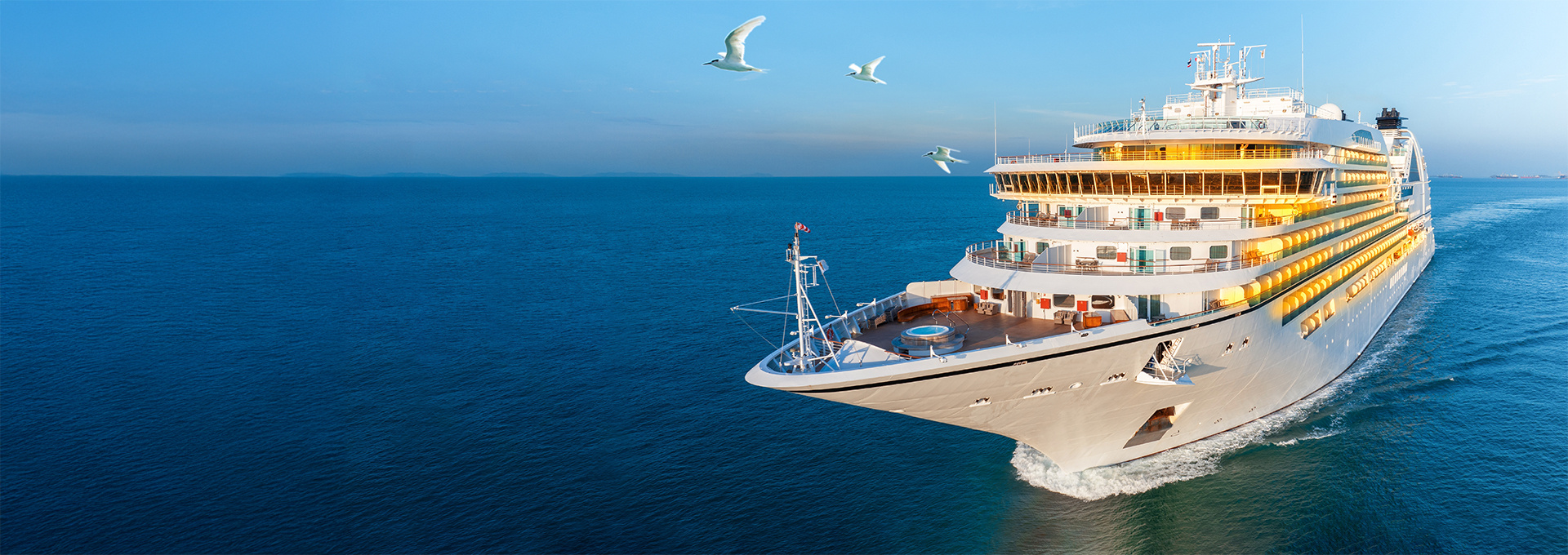
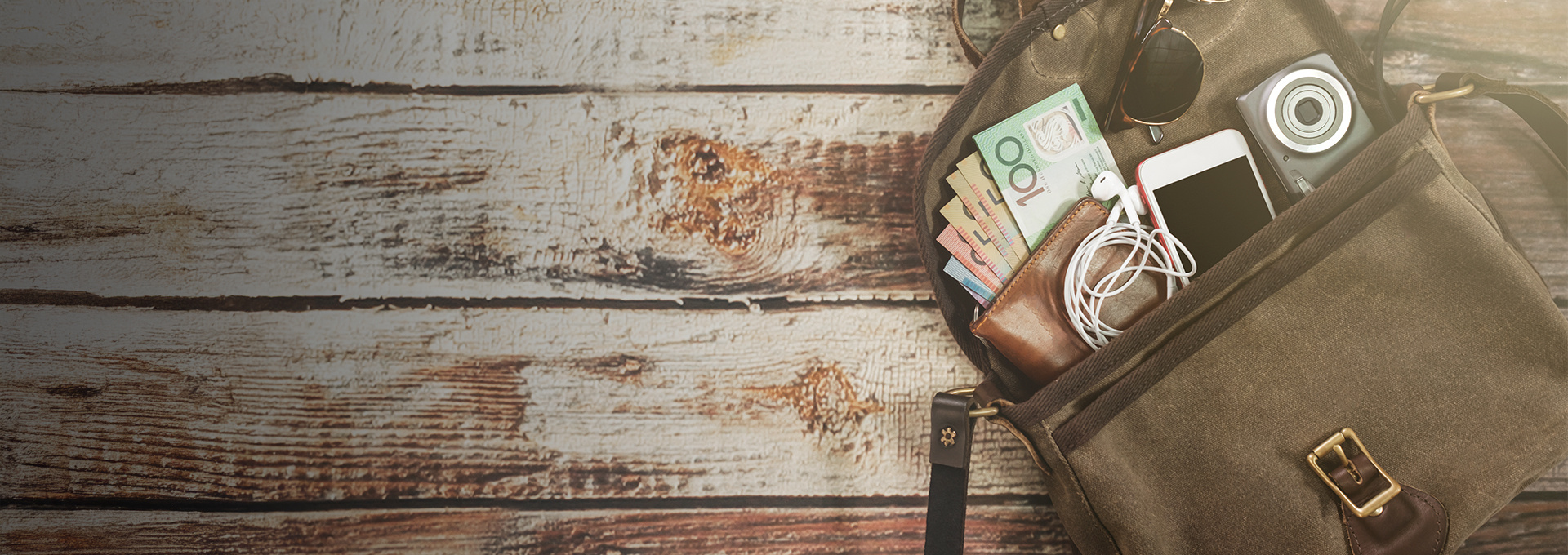
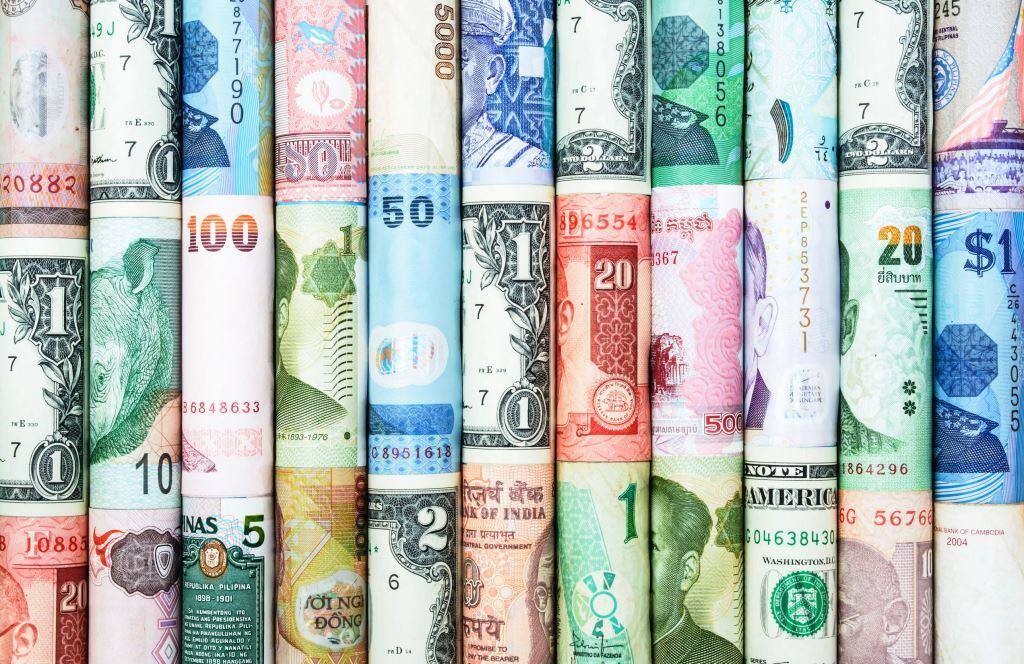
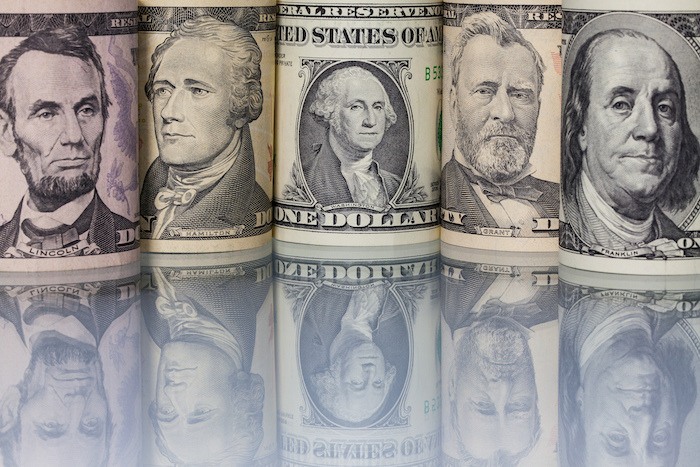

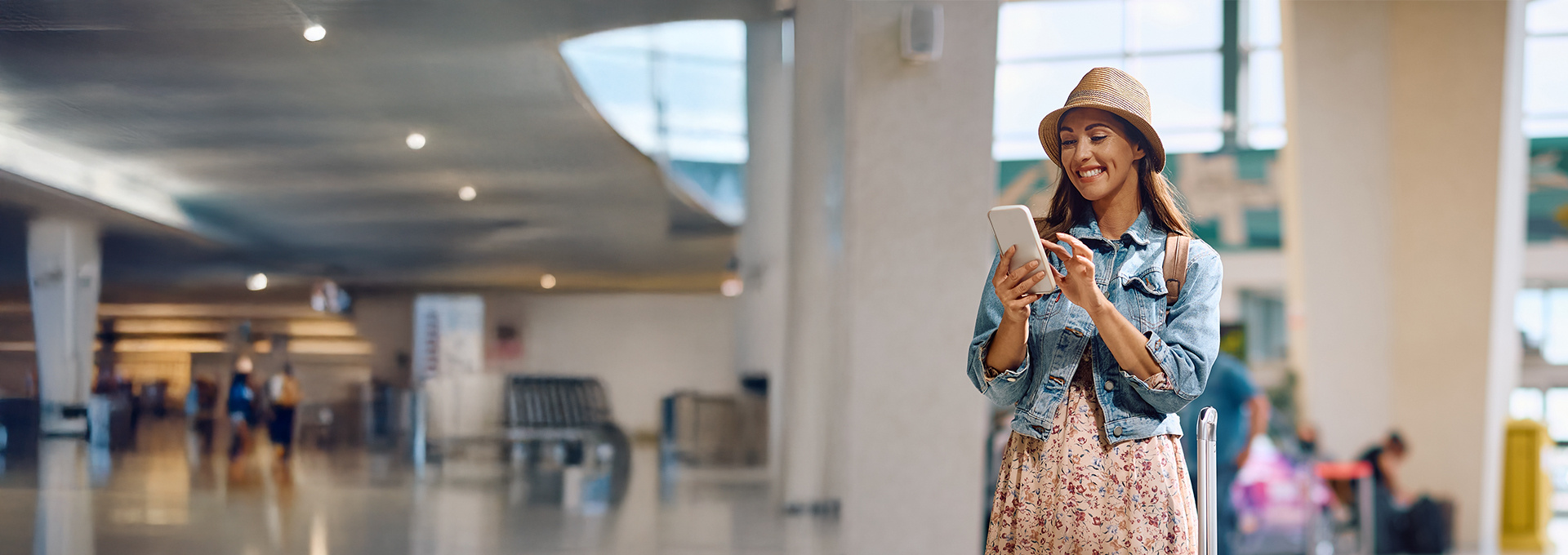
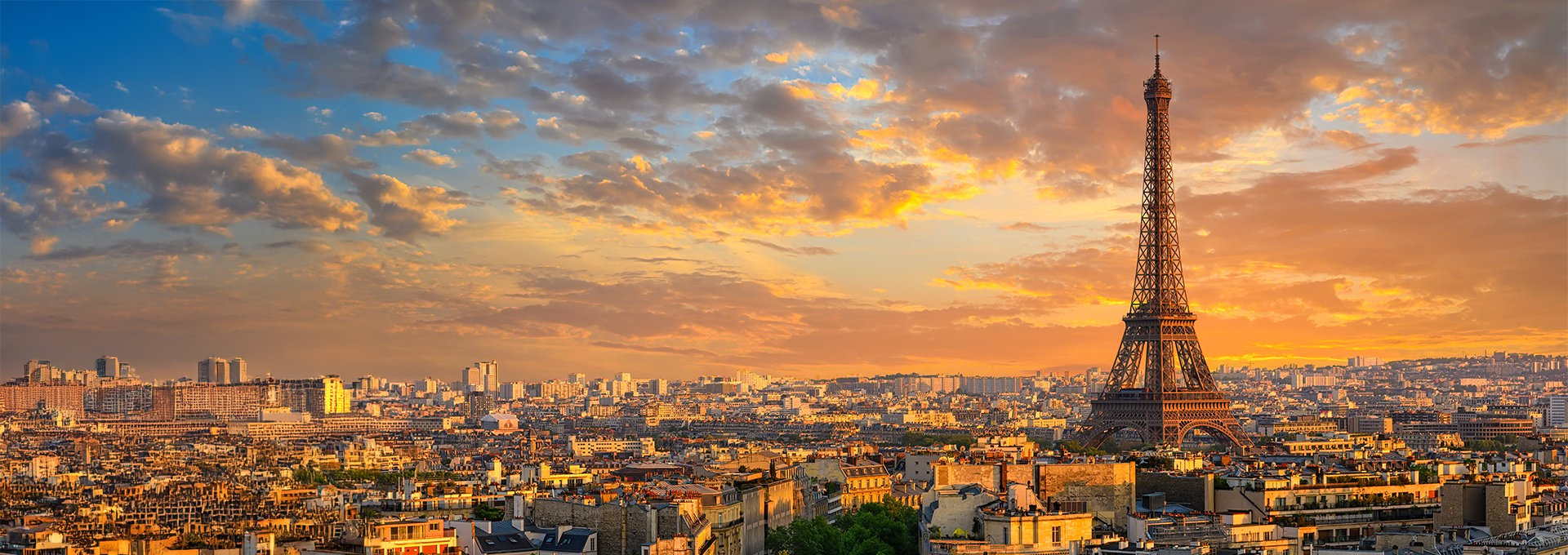
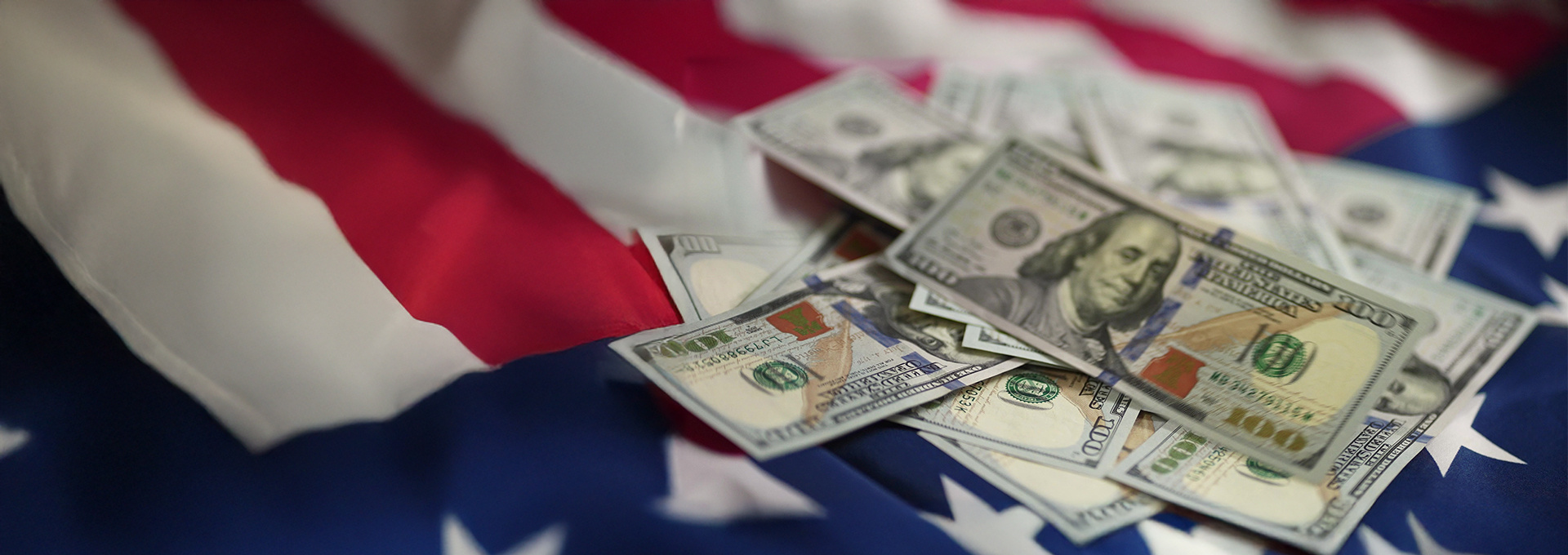

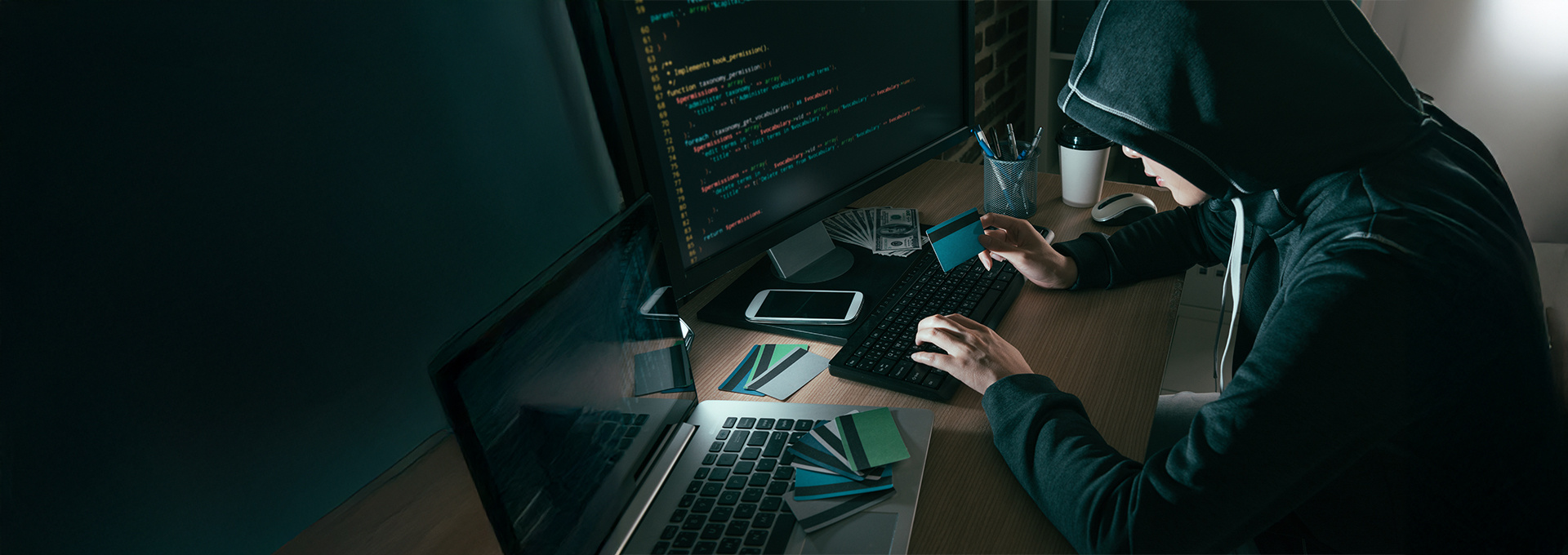
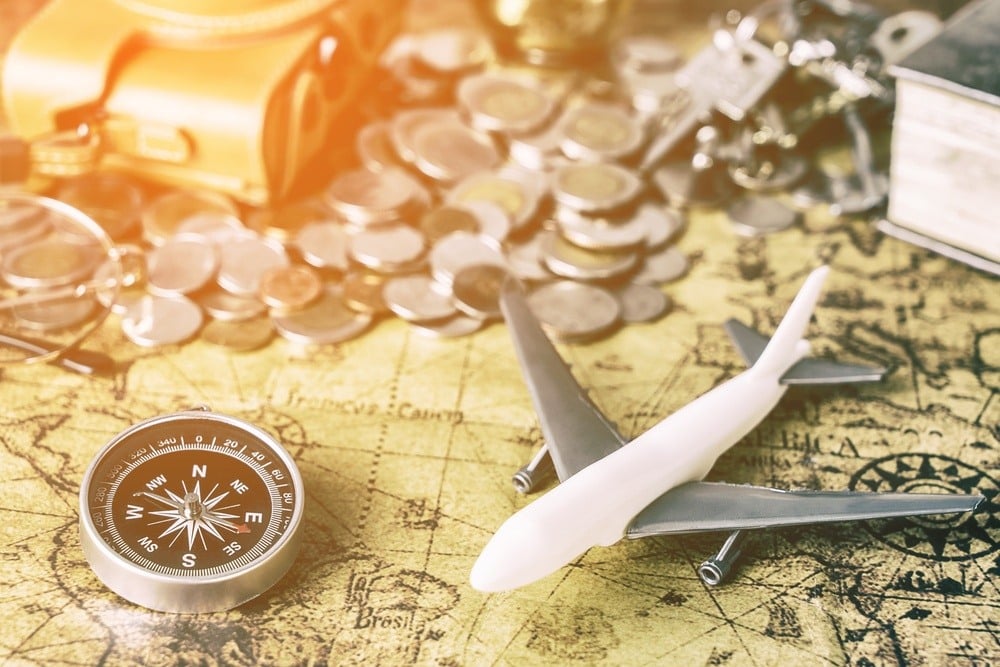

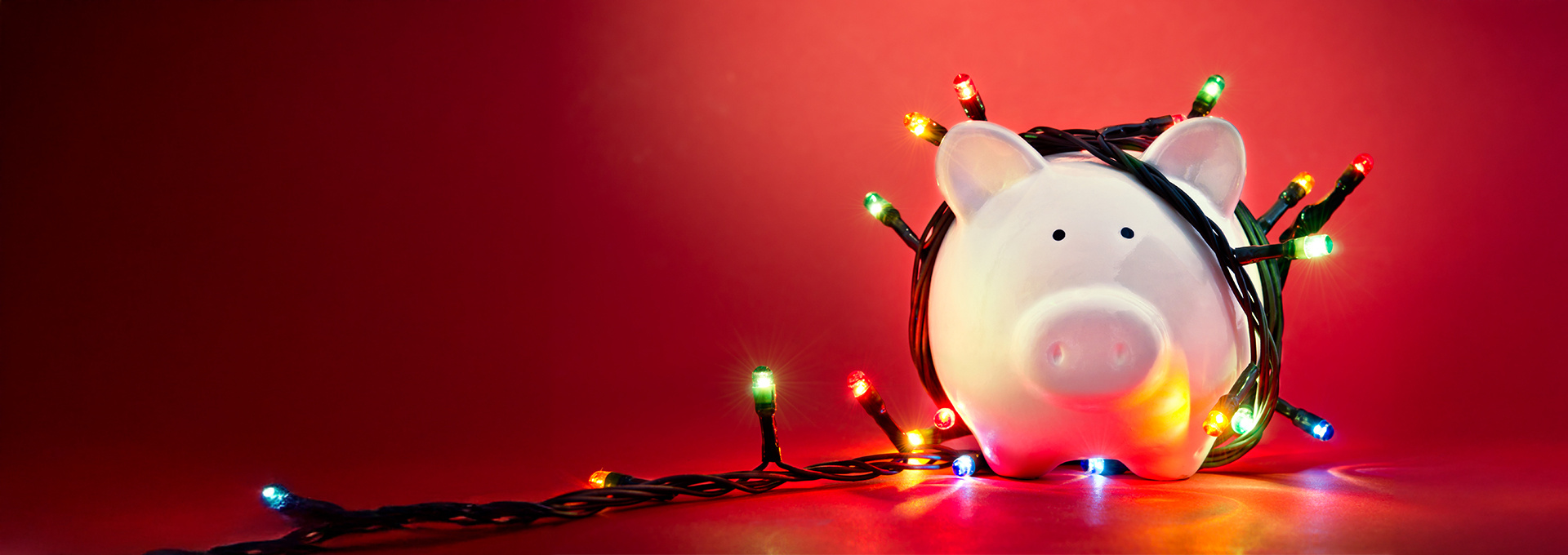

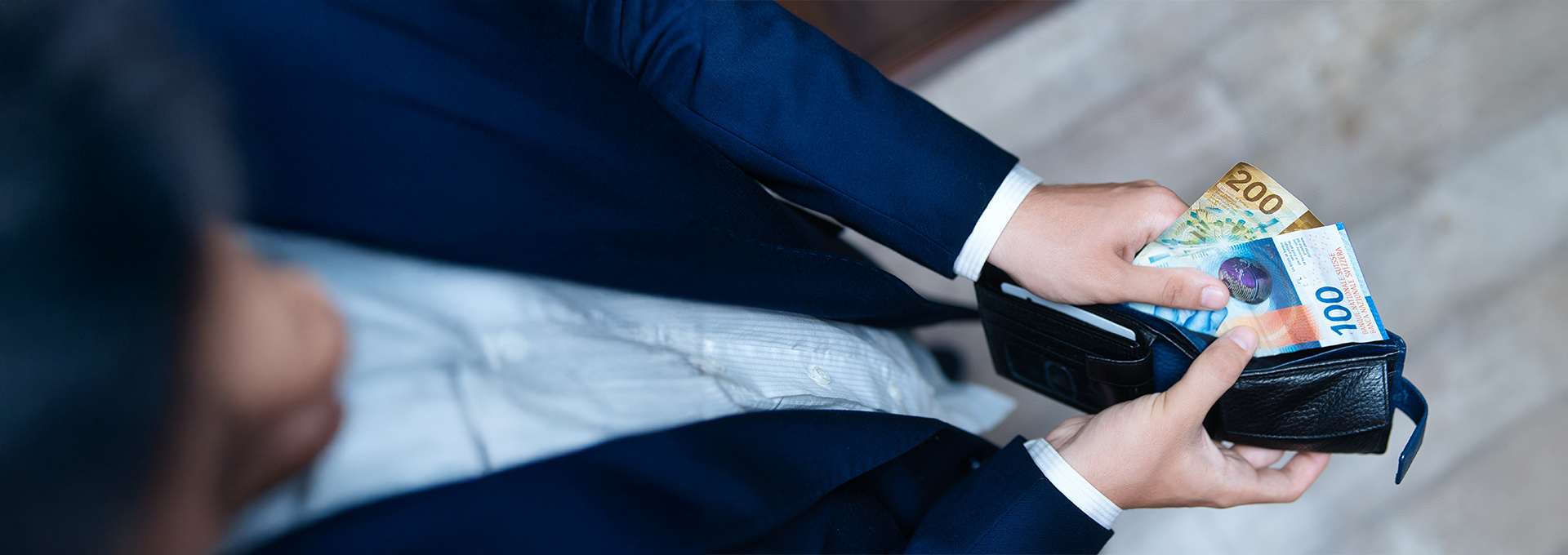
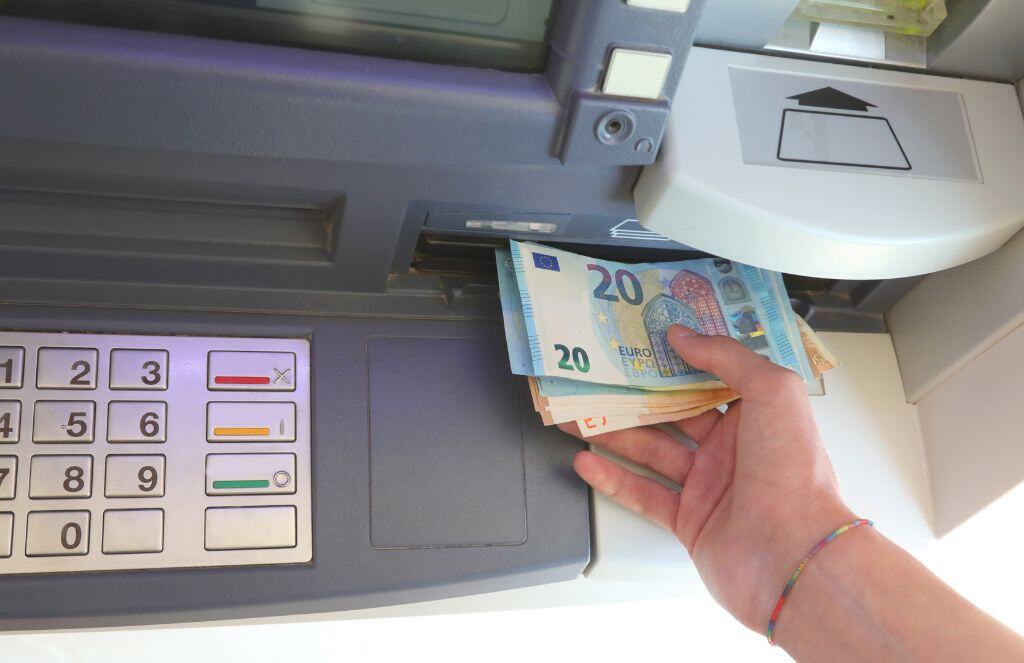
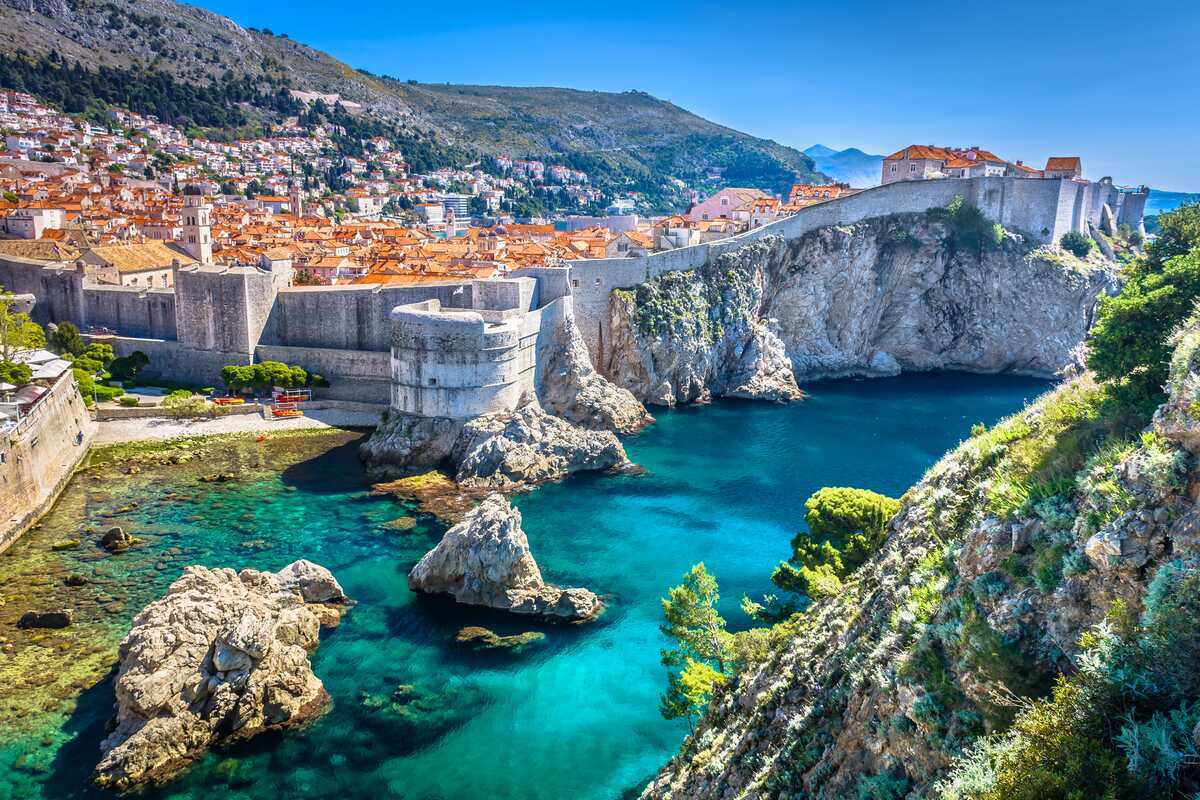

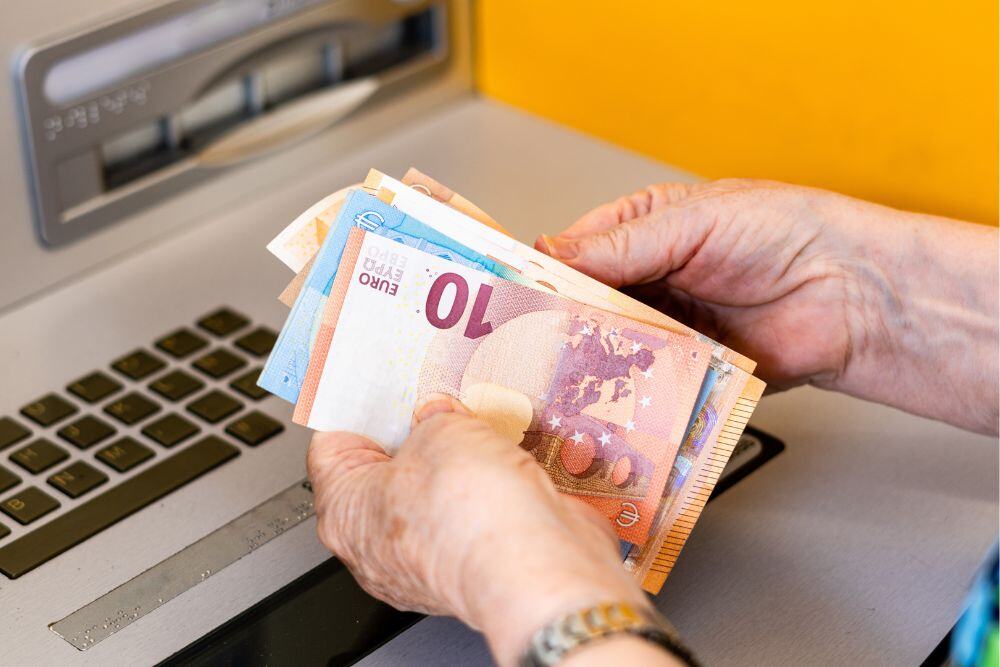
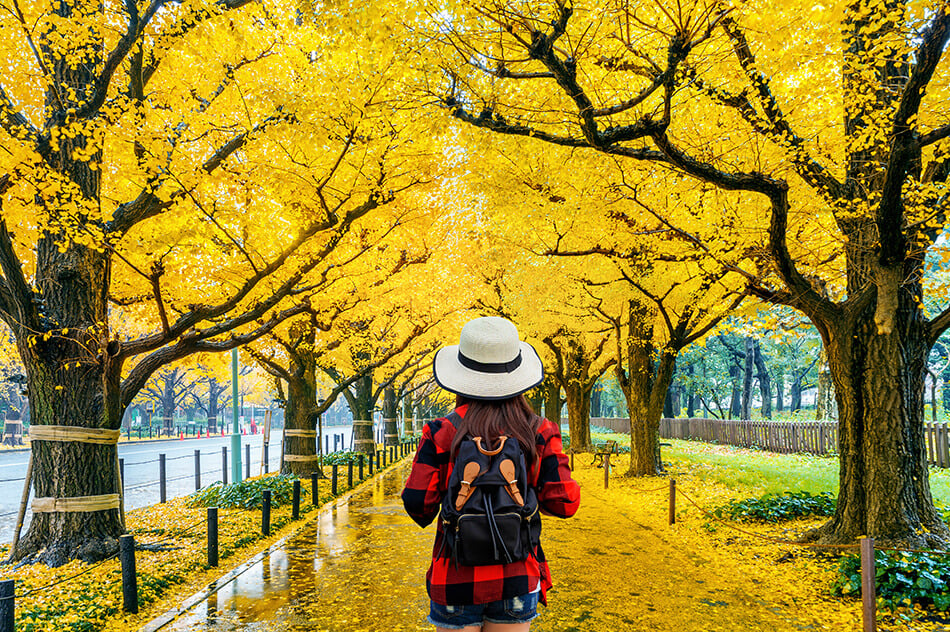
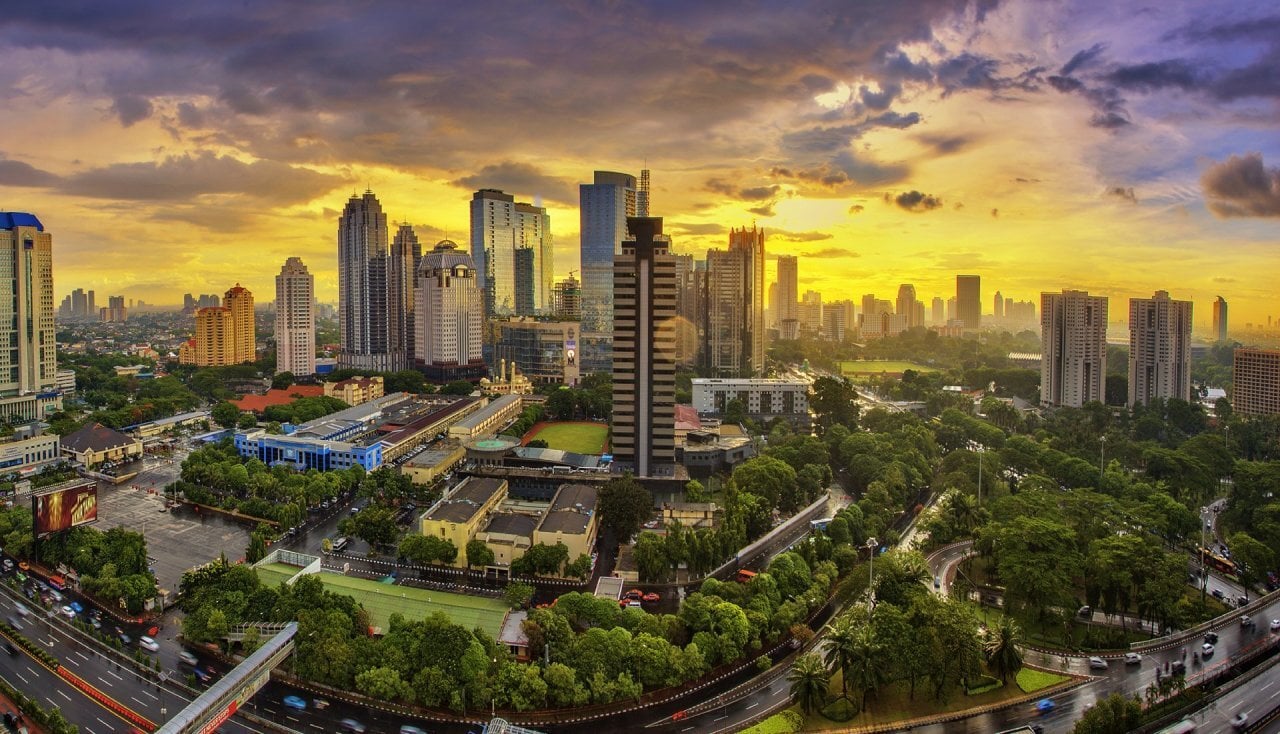

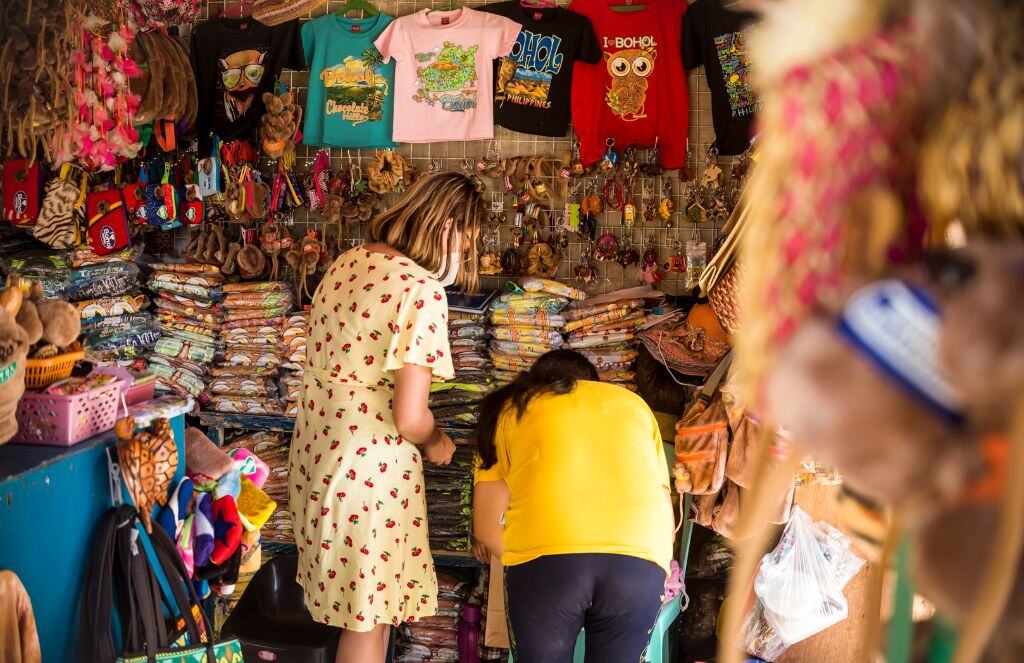



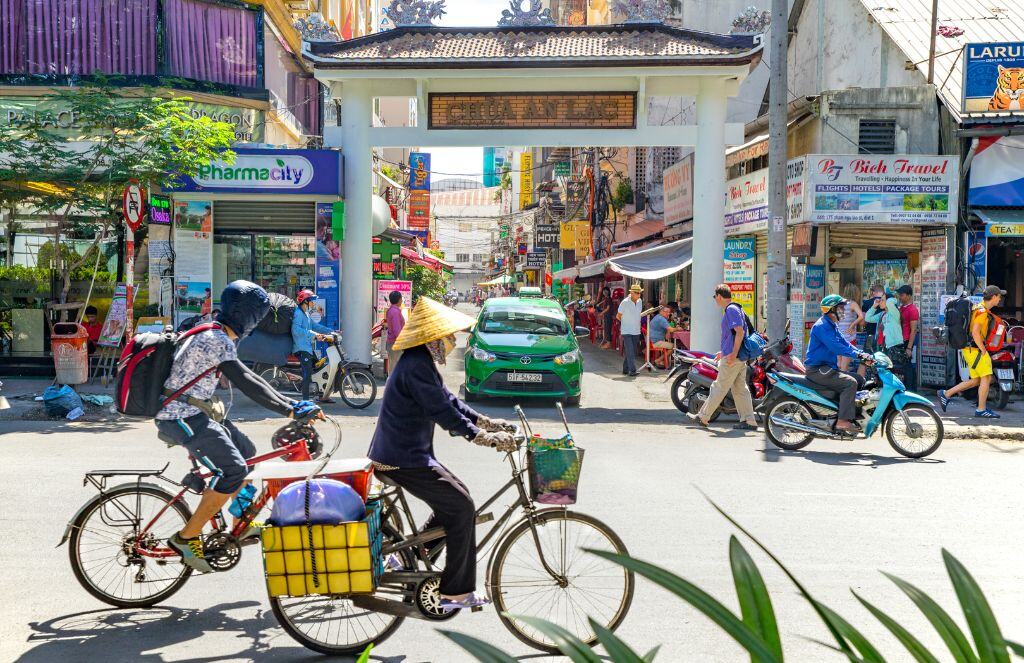

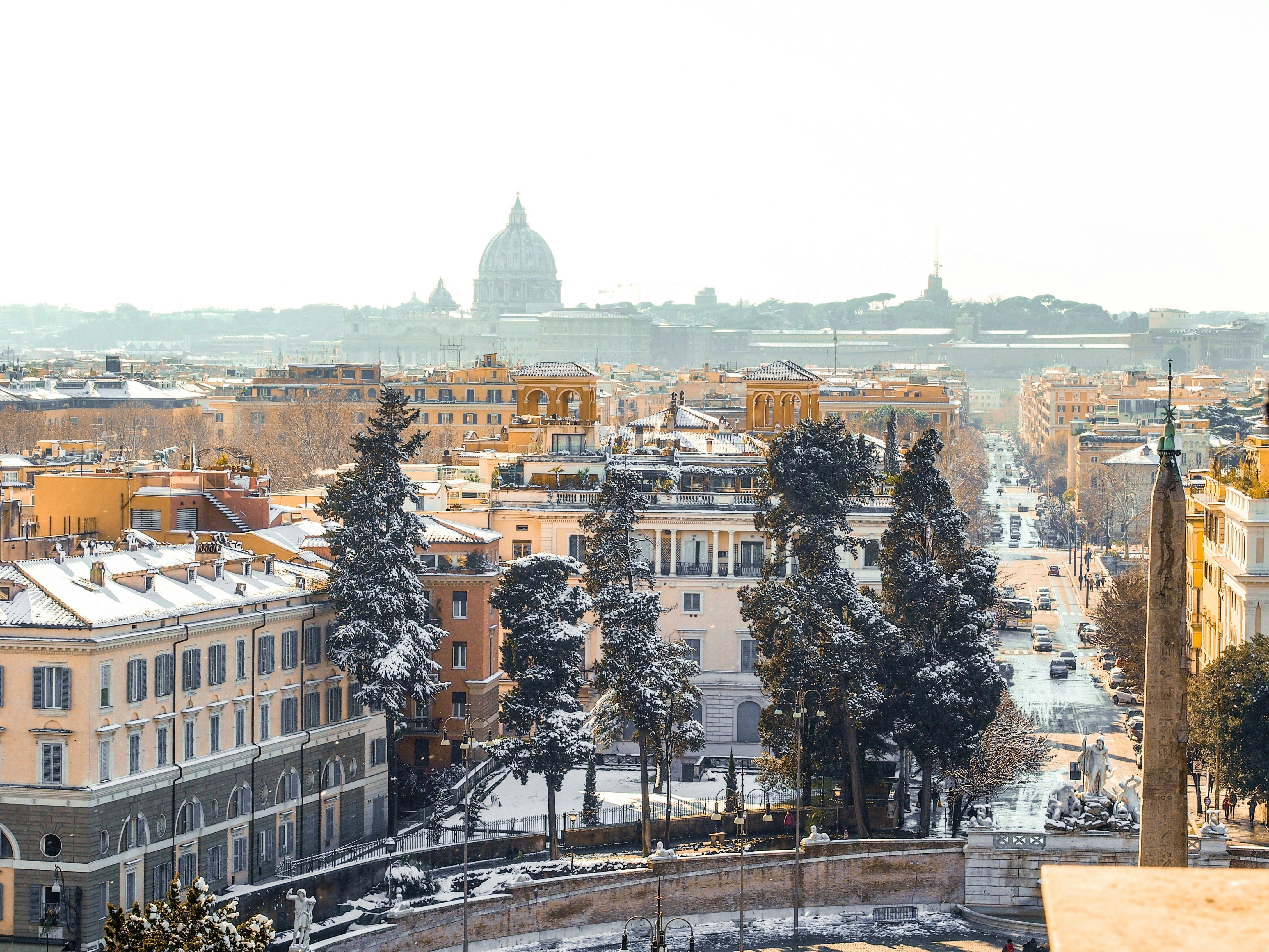
.png)